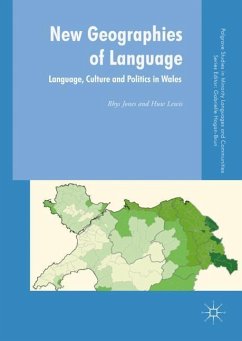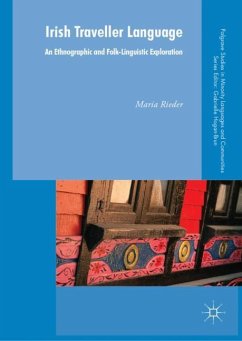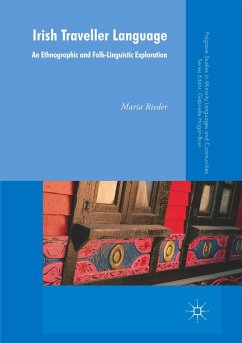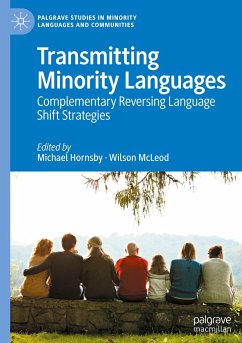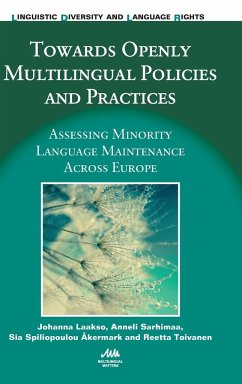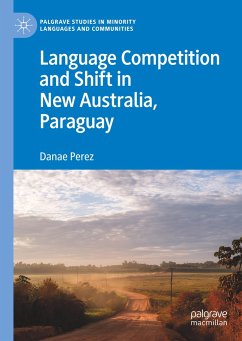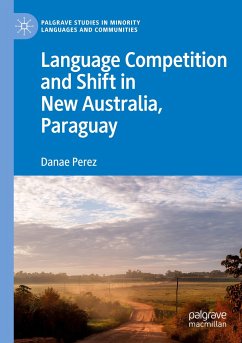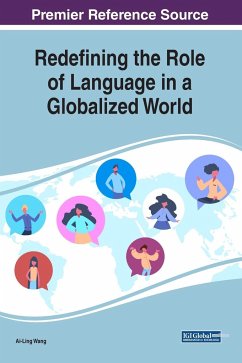
Minority Language Writers in the Wake of World War One
A Case Study of Four European Authors
Versandkostenfrei!
Versandfertig in 6-10 Tagen
76,99 €
inkl. MwSt.
Weitere Ausgaben:

PAYBACK Punkte
38 °P sammeln!
This book presents a comparative literary study of the works of four writers working in European minority languages - Frisian, Welsh, Scots and Breton. The author examines the different strategies employed by the four writers to create distinctive literary fields for their languages in the interwar era when self-determination had been promised to national minorities, finding that each had to make some degree of a step backwards into the past to enable them to make a leap forward. The book also discusses the problems resulting from this oscillation between traditionalism and modernism, drawing ...
This book presents a comparative literary study of the works of four writers working in European minority languages - Frisian, Welsh, Scots and Breton. The author examines the different strategies employed by the four writers to create distinctive literary fields for their languages in the interwar era when self-determination had been promised to national minorities, finding that each had to make some degree of a step backwards into the past to enable them to make a leap forward. The book also discusses the problems resulting from this oscillation between traditionalism and modernism, drawing on concepts such as Pascale Casanova's 'littératures combatives' to make sense of these minority languages and communities within the wider European context. This study will be of interest to students and scholars of minority languages - particularly the four explored here - as well as twentieth-century and comparative literature, multilingualism, and language policy.






